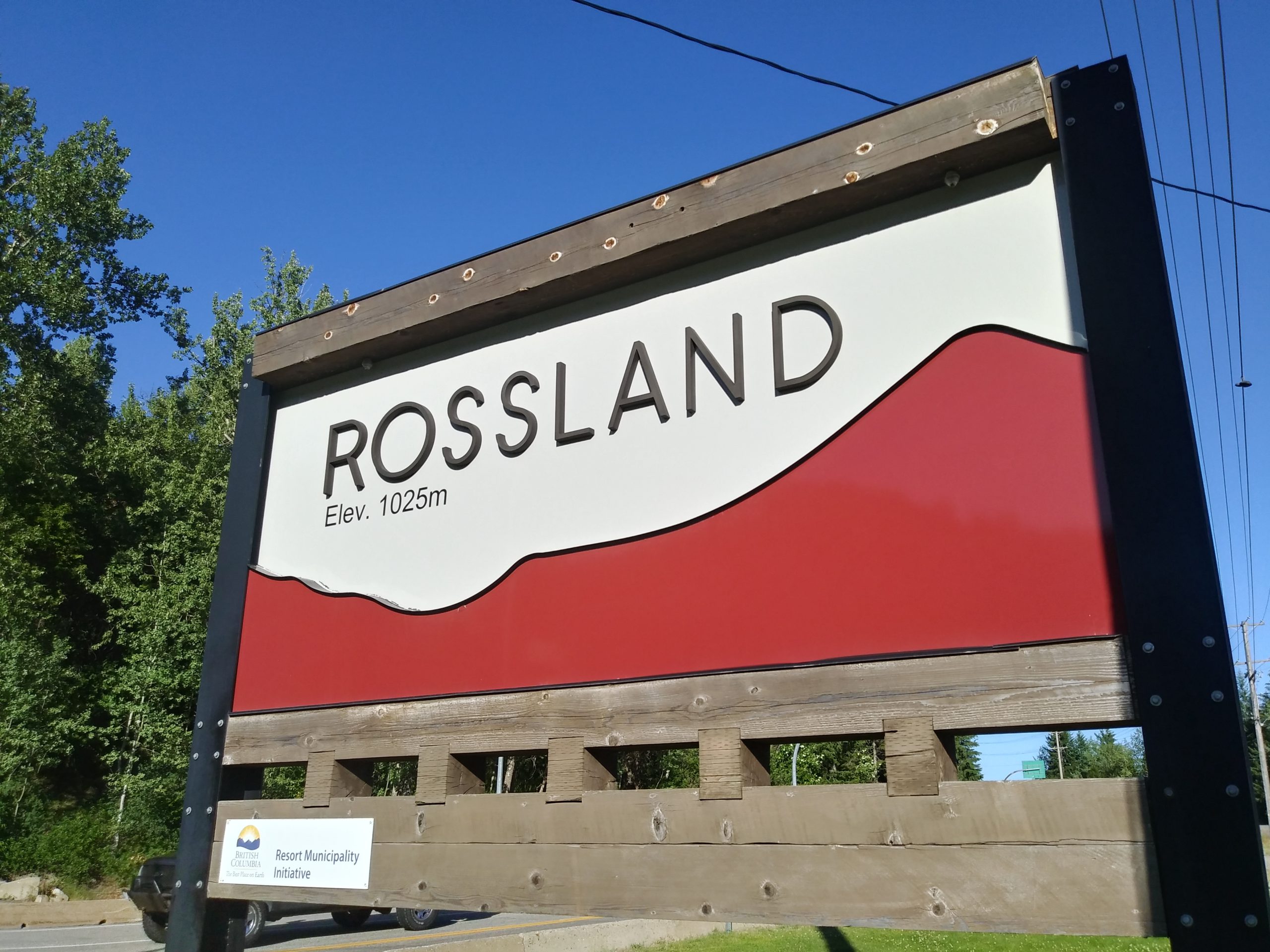Rossland’s new Official Community Plan sets out specific goals related to reconciliation with Indigenous peoples.
“Through active conversations with Indigenous Peoples of this area, this is the first OCP in Rossland to acknowledge and raise awareness of ongoing Indigenous presence and land rights in the territory that includes and encompasses Rossland,” a news release from the city explains.
“It invites the community to reflect on how we might be perpetuating colonial processes that are ongoing and from which we have benefited, as well as the changes we will make to honour the Indigenous peoples and their lands that we inhabit.”
Rossland is the traditional territory of the Sinixt, to whom it is known as k’lwist or kmarkn. The city says it consulted both the Sinixt Confederacy who belong to the Colville Confederated Tribes as well as the Autonomous Sinixt, but received more in-depth responses from the latter.
The OCP includes a brief history of the Sinixt, who have been fighting for acknowledgement in Canada, and three specific goals under a section entitled “Indigenous Peoples,” which is quoted below verbatim:
- Initiate co-creation of a long-term reconciliation framework for partnership and
relationship building with Indigenous people, based on the United Nations
Declaration on the Rights of Indigenous Peoples and the Calls to Action of the Truth
and Reconciliation Commission of Canada and the actions in the Final Report of the
National Inquiry into Missing and Murdered Indigenous Women and Girls. - Build relationships with Indigenous residents and member communities to
understand and communicate the Indigenous history, heritage and culture in this
area. Respect, honour and promote expressions of Indigenous culture and heritage in Rossland. - In close collaboration with Indigenous residents and member communities,
recognize specific sites and locations of cultural importance within the community,
and work to integrate traditional knowledge, perspectives and Indigenous place
names in municipal planning, communications, signage, and mapping. Honour and
respect Indigenous archeological sites within the community.
Mayor Kathy Moore says consulting Indigenous people more than they have in the past, particularly on land use issues, is important. “Of course they were on this land for 10,000 years, and we’ve been here for 130 or so. So it makes sense.”
Moore says even small things make a difference, such as using Indigenous names on trails and signage.
The new OCP, recently adopted unanimously by the outgoing council, is the culmination of two years of effort and updates and replaces the previous OCP adopted in 2008.
Moore says the document does not include any U-turns from the previous plan, but acknowledges climate change and the need for energy efficiency have become more acute issues. The plan also looks at how to manage Rossland’s growth and how to approach tourism.
Moore said the document took a little longer to complete than they expected, as public consultation was more difficult due to COVID. But she still feels the process was inclusive and says many people participated.
Moore says the OCP will serve as “one of our most important guiding documents over the next 10 years.”




